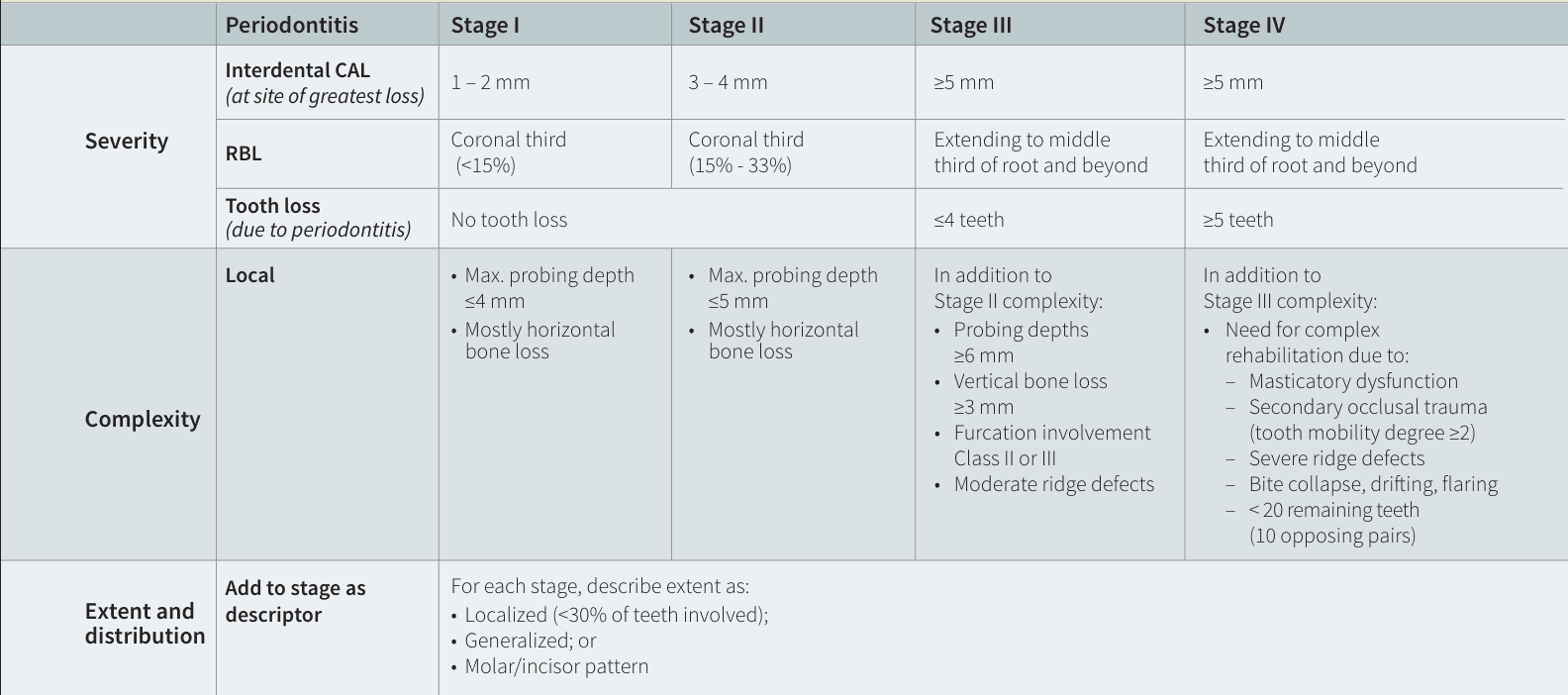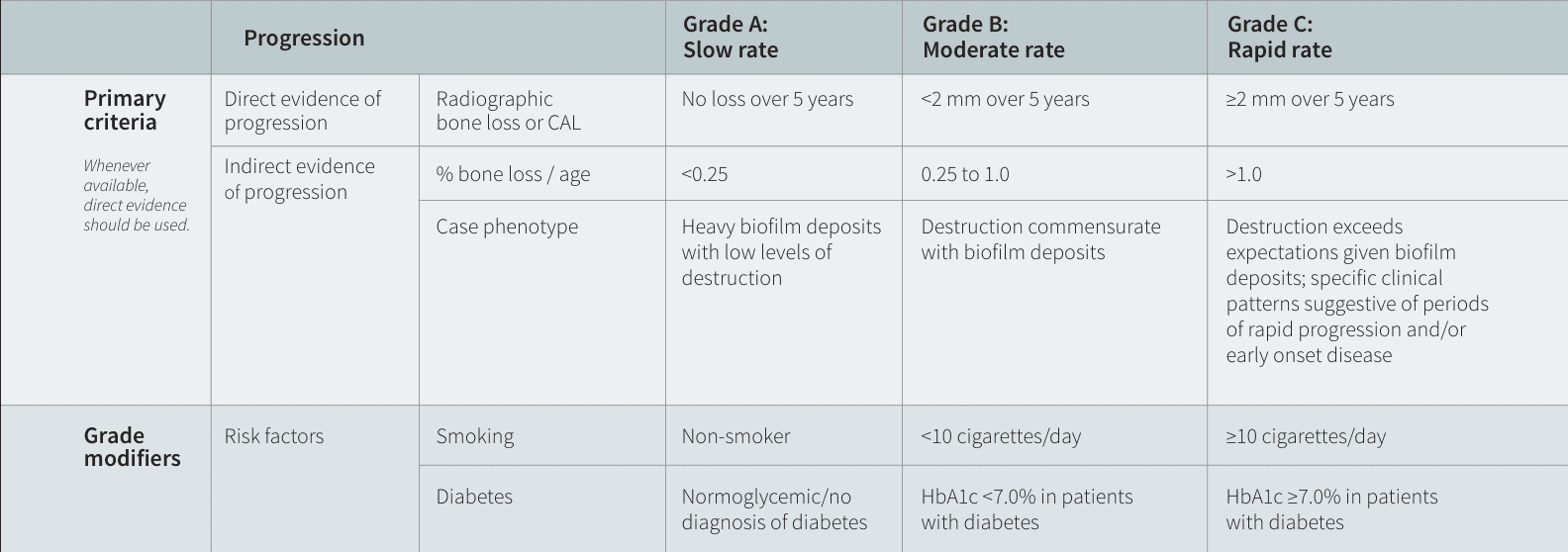What Is Periodontal Disease?
Periodontal disease is an advanced stage of gum disease caused by bacterial infections that damage the soft tissues and supporting bone around your teeth. If untreated, it can lead to gum recession, loose teeth, and even tooth loss.
Common signs of periodontal disease include:
Bleeding gums when brushing or flossing
Swollen, red, or tender gums
Bad breath or a bad taste in your mouth
Receding gums, making teeth appear longer
Loose teeth or changes in bite alignment
Early detection and treatment are important in preventing long-term damage.
How Is Periodontal Disease Diagnosed?
At Sovrle Dental Clinic, we diagnose periodontal disease through a comprehensive dental exam, which includes:
Gum assessment – Checking for inflammation, bleeding, and recession.
Pocket depth measurement – Using a periodontal probe to check for deep pockets between teeth and gums.
X-rays – To detect bone loss around teeth.
Medical history review – Identifying risk factors like smoking, diabetes, and family history of gum disease.
If you experience symptoms of periodontal disease, our dental team will create a personalized treatment plan to restore your gum health.
Periodontitis: Staging
We evaluate the severity of your gum disease by looking at how much damage has occurred to the tissues and bone that support your teeth.
First, we measure how much the connection between your gums and teeth has been lost (this is called clinical attachment loss). If we can’t measure this directly, we use X-rays to see how much bone has been lost. We also take into account whether you have lost any teeth because of gum disease. Additionally, certain factors that make your situation more complex might mean that your condition is considered more advanced.

Periodontitis: Grading
Grading helps us understand how quickly your gum disease might be getting worse, how well you may respond to treatment, and whether it could affect your overall health.
We usually start by considering your condition to be in the moderate range (Grade B). Then, if we find signs that suggest your disease is either milder (Grade A) or more aggressive (Grade C), we adjust the grade accordingly.

Referenced from the American Academy of Periodontology
Schedule Appointment
Schedule your visit today for personalized dental care in a comfortable environment. Your journey to a brighter, healthier smile begins here.


















